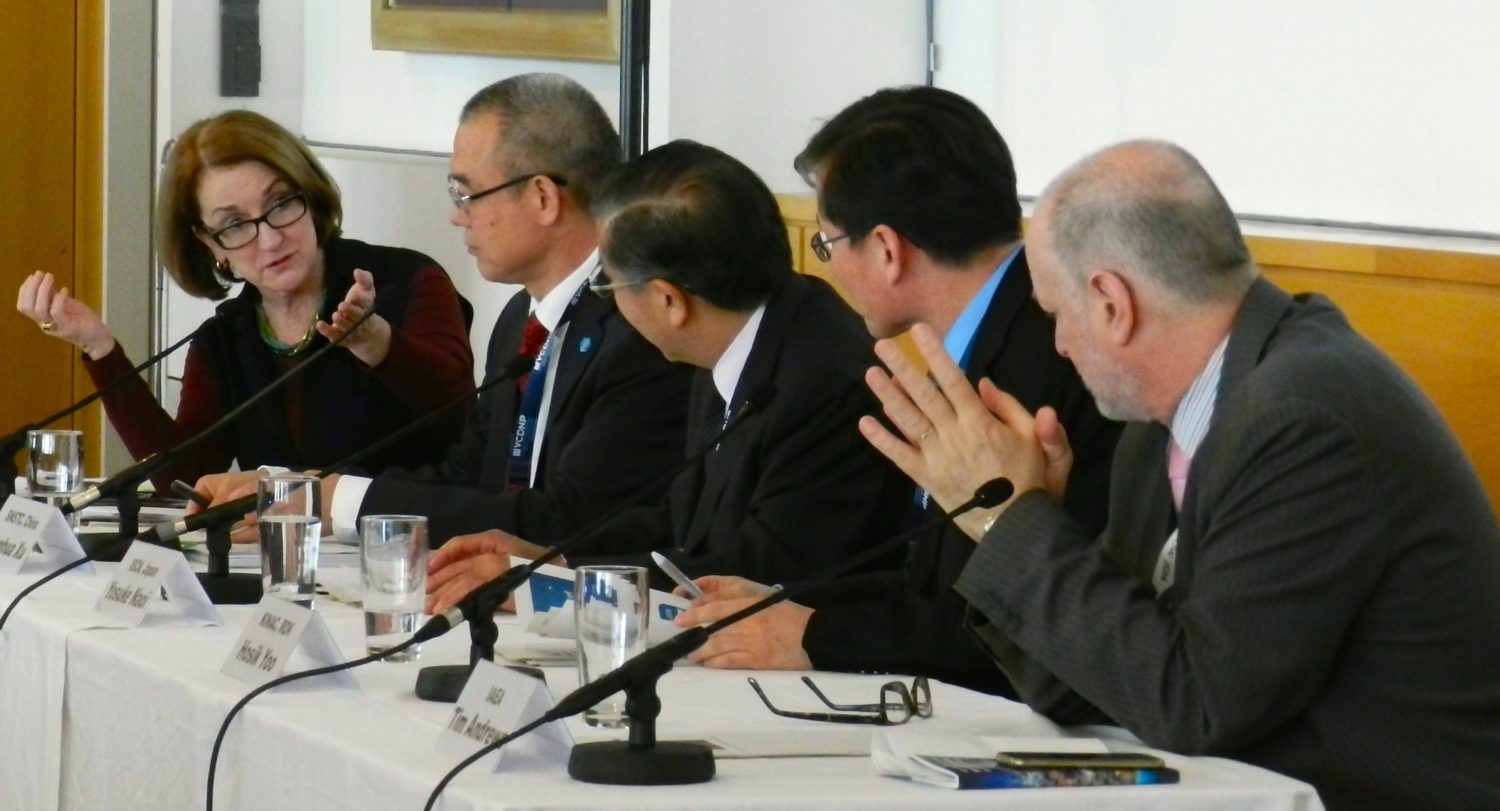
On 7 December 2016, the Integrated Support Center for Nuclear Nonproliferation and Nuclear Security (ISCN) of the Japan Atomic Energy Agency (JAEA), the Permanent Mission of Japan to the International Organizations in Vienna (PMJ) and the VCDNP co-organized a panel discussion entitled “Nuclear Security Centers of Excellence in Asia: Progress and the Way Forward”. The discussion focused on the Asia Regional Network (ARN) created under the Nuclear Security Support Centers (NSSC) International Network of the IAEA.
The opening remarks were delivered by Takehiro Kano, Minister, Permanent Mission of Japan. After welcoming the participants on behalf of the organizers, Mr. Kano remarked on the significant progress in nuclear security in the past years. In this regard, he highlighted the importance of the four Nuclear Security Summits (NSS) and the two International Conferences on Nuclear Security convened by the IAEA. “But we should not become complacent after these achievements”, Mr. Kano warned, because of the continuously evolving nature of such threats as nuclear sabotage. He noted that the Government of Japan had been at the forefront of international capacity building efforts for nuclear security through its ISCN.
Moderator and VCDNP Executive Director Laura Rockwood cited the Ministerial Declaration adopted by consensus this week, in which IAEA Member States expressed their intention to “strengthen nuclear security culture and provide education and training … by using national and regional Centres of Excellence and Nuclear Security Training and Support Centres”.
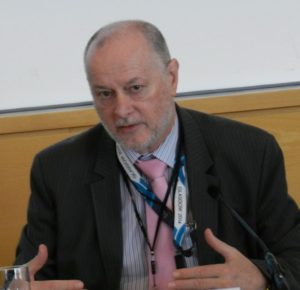
The first panelist was Tim Andrews, Section Head for Programme Development and International Cooperation in the IAEA’s Division of Nuclear Security. Mr. Andrews recalled the 60th IAEA General Conference nuclear security resolution which identified Centers of Excellence (CoE) as instruments to enhance nuclear security culture, training and education. In describing the future direction of IAEA activities, Mr. Andrews identified regional cooperation with Member States as a “key feature” of nuclear security: Member States could offer their cooperation by delivering workshops developed by the IAEA. The IAEA looks forward to increased coordination with the ARN NSSC.
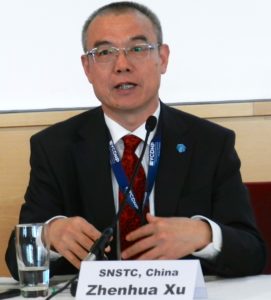
The next panelist was Zhenhua Xu, Deputy Director General of the Chinese State Nuclear Security Technology Center (SNSTC). Mr. Xu referred to the agreement reached by the United States and China during the 2010 NSS which led to the joint establishment in 2011 of the SNSTC with the aim of providing domestic technical support in the area of nuclear security. The Center became operational in March 2016 and has since then conducted nuclear security education, training and certification activities in China. In his final remarks, Mr. Xu referred to the speech delivered by Chinese President Xi Jinping at the 2016 NSS in which he conveyed China’s intention in the future to conduct research and organize exercises with like minded countries to jointly enhance the capacity of addressing nuclear terrorism crises.
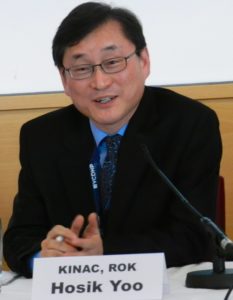
The following speaker was Dr. Hosik Yoo from the Korea Institute of Nuclear Nonproliferation and Control (KINAC). Dr. Yoo provided an overview of the International Nuclear Nonproliferation and Security Academy (INSA), established in 2014 and operated by KINAC. INSA originated from a pledge by the Korean Government at the 2010 NSS to provide international training in nuclear security. It offers a customized education and training curriculum to participants from different countries. The Academy also provides assistance to emerging countries through the sharing of best practices, and enhances regional and international cooperation through the provision of technical support. Dr. Yoo stressed that dialogue promoted by fora such as this workshop could increase regional cooperation.
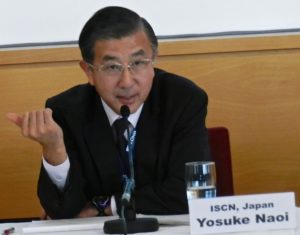
The final speaker was Yosuke Naoi, Deputy Director of ISCN. Mr. Naoi highlighted the assistance provided by ISCN to Member States by offering training courses and serving as a platform for sharing best practices among regional experts. As a result, ISCN has also strengthened nuclear security in Japan by promoting a strong nuclear security culture. Mr. Naoi sees an opportunity for maintaining the NSS momentum by increasing joint training regionally and ensuring that nuclear security measures are implemented.
The panelists engaged in a lively discussion with the audience on the challenges and benefits of regional cooperation, and the possibility of expanding and building upon existing regional cooperation. Mr. Andrews emphasized how cooperation among these three CoEs should be emulated in other regions.
In his closing remarks, Mr. Naoi thanked the participants for the workshop which would contribute to further cooperation among CoEs in Asia.
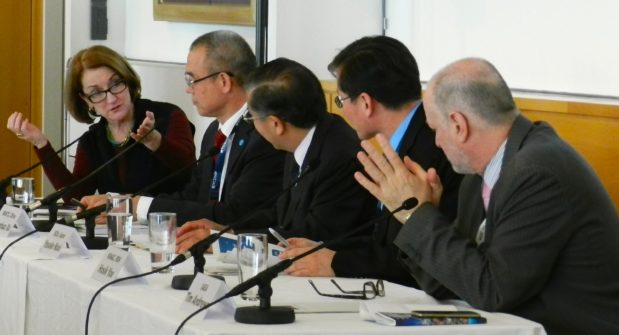
By continuing to use the site, you agree to the use of cookies. more information
The cookie settings on this website are set to "allow cookies" to give you the best browsing experience possible. If you continue to use this website without changing your cookie settings or you click "Accept" below then you are consenting to this.